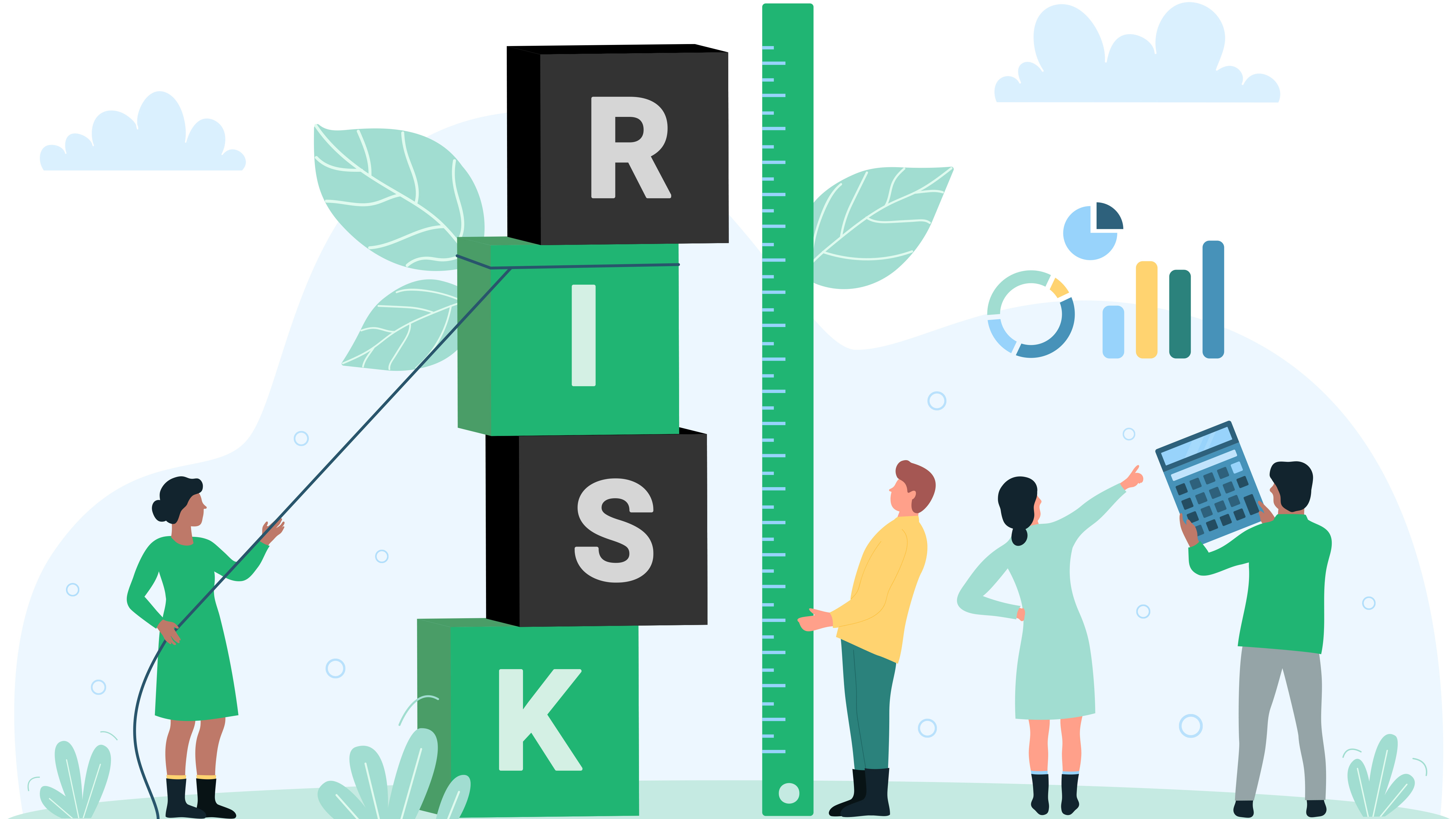
"Leadership is not about being in charge. It is about taking care of those in your charge." - Simon Sinek
In a world often dominated by notions of authority and hierarchy, it's time to reframe our understanding of leadership. Exceptional leadership transcends the exercise of power; it's about the genuine care and support extended to those entrusted with your guidance. Think of leaders like Jack Ma, Bill Gates, or Mark Zuckerberg, and you'll find that their success is firmly rooted in empathetic and highly effective leadership.
We all understand that great leadership is the secret sauce that makes organizations thrive. However, despite the wealth of leadership advice available today, many organizations continue to falter due to subpar leadership. It's like having a cookbook with all the recipes, but not everyone can create a gourmet meal.
As a process scientist, I've had the privilege of donning various organizational hats and tinkering with the inner workings of businesses. Empowered by the principles of process science, I've not only streamlined operations but also injected vitality into failing operating models.
What I've discovered is that process science isn't a one-trick pony solely dedicated to optimizing workflows; it's a dynamic force that nurtures meaningful relationships with employees and cultivates the roots of sound leadership within an organization.
But before we delve deeper into how process science can help you become a great leader, let's demystify the enigmatic "Process Science."
Defining Process Science
Process science is process improvement or process management with an additional dedication to standard and repeatable data, methods, and outcomes. It's a field dedicated to refining and streamlining organizational processes. Think of it as the art of making everything run like a well-choreographed dance.
Now, let's dive into why integrating process science into your leadership style is like adding rocket fuel to your journey of success.
Process Science and Leadership
1. Data-Driven Decision-Making
Say farewell to coin-flip decisions! Process science introduces you to a world of data-driven choices, where decisions are not left to the whims of fate but grounded in evidence.
Imagine: Picture yourself as the CEO of an e-commerce giant. You're about to launch a new product line. In the past, you might have relied on gut feelings or even a coin toss to set prices and marketing strategies. With process science, you delve into a treasure trove of process data. You analyze customer demographics, historical sales data, competitor pricing, market trends, and attempt to understand how it all fits into your process model. Armed with this information, you make informed decisions about pricing and marketing, resulting in a successful product launch and increased profitability.
2. The Culture of Continuous Improvement
Who wouldn't want to work in a place where improvement is a perpetual theme? With process science, you instill a culture where every team member is an unrelenting seeker of betterment. The beauty lies in leading by example, where your quest for improvement becomes their guiding light.
Imagine: Picture yourself as the leader of a flourishing marketing team, charged with steering the ship towards ever-greater success. In your role, you don't merely manage; you orchestrate and inspire. You lead by example. You're at the forefront, continuously exploring opportunities to fine-tune existing processes and spark innovation. Your proactive approach showcases your commitment to growth and serves as a shining beacon for your team. Over time, your team transforms into a collective force for improvement service quality soars to new heights as issues are proactively addressed. Response times dwindle, reflecting a newfound efficiency.
3. Problem-Solve like a Detective
With process science in your toolkit, you become the Sherlock Holmes of your organization. Complex issues and mysteries, whether they involve team conflicts or intricate project puzzles, crumble before your structured approach.
Imagine: As a project manager, you're confronted with a project consistently lagging behind schedule, plagued by team conflicts. Leveraging process science, you employ a systematic problem-solving approach. You gather data on project timelines, team dynamics, and communication breakdowns. By dissecting this data, you unearth the root causes of delays and conflicts. Equipped with this insight, you implement targeted solutions, such as improved communication protocols and conflict resolution strategies. Consequently, the project sails smoothly, and team morale soars.
4. Change Management Champion
Embrace change like a seasoned chameleon, guiding your team through transitions with remarkable ease.
Imagine: You're tasked with implementing a new project management system across your organization. Change can be intimidating, often met with resistance. However, armed with process science, you adopt a systematic approach to change management. You analyze existing workflows, pinpoint pain points, and demonstrate how the new system will streamline processes and enhance efficiency. Your team is well-prepared, and the transition is seamless, resulting in increased productivity and enhanced collaboration.
5. Turbocharged Efficiency and Productivity
Master the art of efficiency like a well-oiled machine with process science. Bid farewell to hiccups and stalls as you identify bottlenecks, eliminate them, and witness your team cruise smoothly towards deadlines, delivering top-notch results along the way.
Imagine: You're at the helm of a manufacturing plant plagued by production delays and bottlenecks. Armed with process science, you dive into a comprehensive analysis of the production process. Your keen eye identifies bottlenecks and inefficiencies. Implementing process improvements, such as reorganizing workstations and optimizing inventory management, transforms the production process. The plant now consistently meets production deadlines, leading to cost savings and heightened productivity.
6. Standardization and Consistency
Think of process science as your organization's GPS, ensuring everyone follows the same path and avoiding detours into chaos. Standardized procedures and guidelines provide clarity, reduce mishaps, and foster unity among your team.
Imagine: You're overseeing operations for a restaurant chain with multiple locations. Each restaurant has its own way of doing things, leading to inconsistencies in service and quality. Process science comes to the rescue as you implement standardized procedures for food preparation, customer service, and cleanliness. As a result, every restaurant follows the same playbook, guaranteeing a consistent dining experience for customers. This standardization reduces errors, elevates customer satisfaction, and creates a unified team across all locations.
FROM ORDINARY TO EXTRAORDINARY
Incorporating process science into your leadership approach is the key to unlocking a treasure trove of leadership wisdom. It elevates your leadership from being ordinary to extraordinary and transforms you from good to great by empowering you to make data-driven decisions, foster continuous improvement, excel in change management, ensure standardization and consistency, and become a masterful problem solver.
By embracing the enchanting power of process science, you illuminate your path towards achieving leadership greatness. You don't just lead; you lead with distinction, excellence, and an undeniable charm that leaves a lasting impact on your team and organization. Let the magic of process science guide you on this transformative journey, where you'll not only lead but lead with brilliance.
 About the Author:
About the Author:
Sam is the Co-founder and chief process scientist for Truvle, a knowledge and software company helping to democratize and automate best practice consulting knowledge through accessible tools.
He has consulted for small-to-enterprise-level companies across a wide range of sectors and verticals, including financial services, resources, legal services, media, and digital services, in both the for-profit and non-profit domains. He is known for mastery of process capture and visualization—the consistent and accurate structuring of process information as a foundation for business process analysis and improvement. Sam is a Certified Expert in Lean, Six Sigma, Project Management, and Change Management, and a CMMI Associate.




